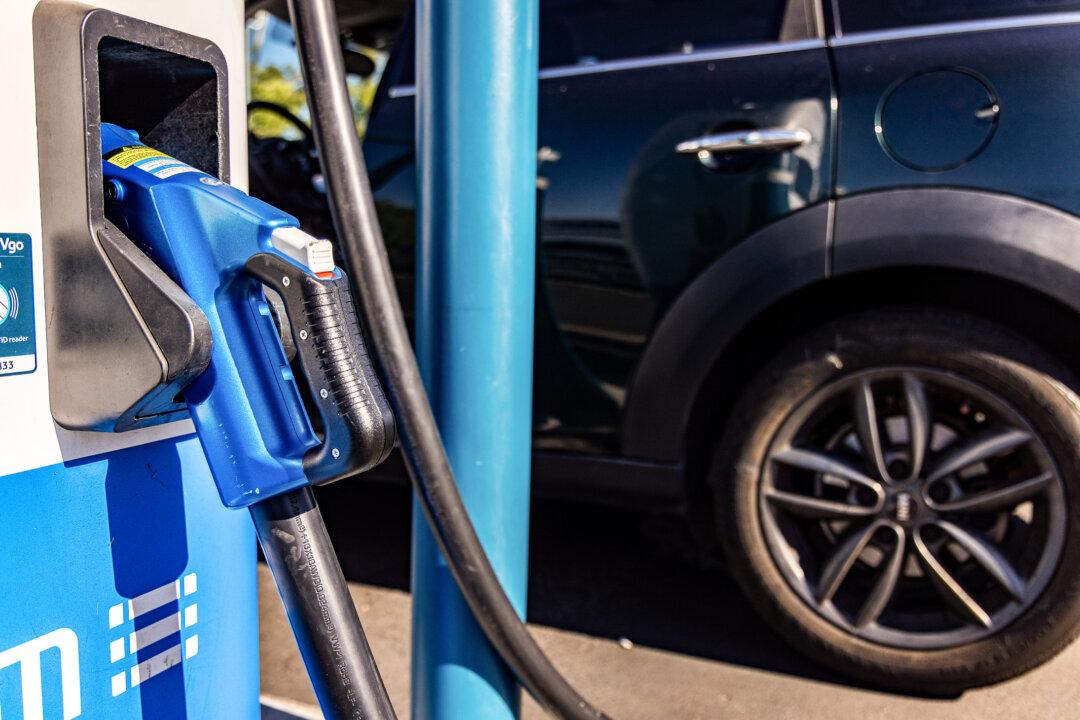While slightly more Americans now say they own an electric vehicle (EV) than last year, more non-owners report that they would not buy one in the future.
A Gallup poll published on April 8 suggests that about 7 percent of Americans, up from 4 percent in 2023, already own an EV.





